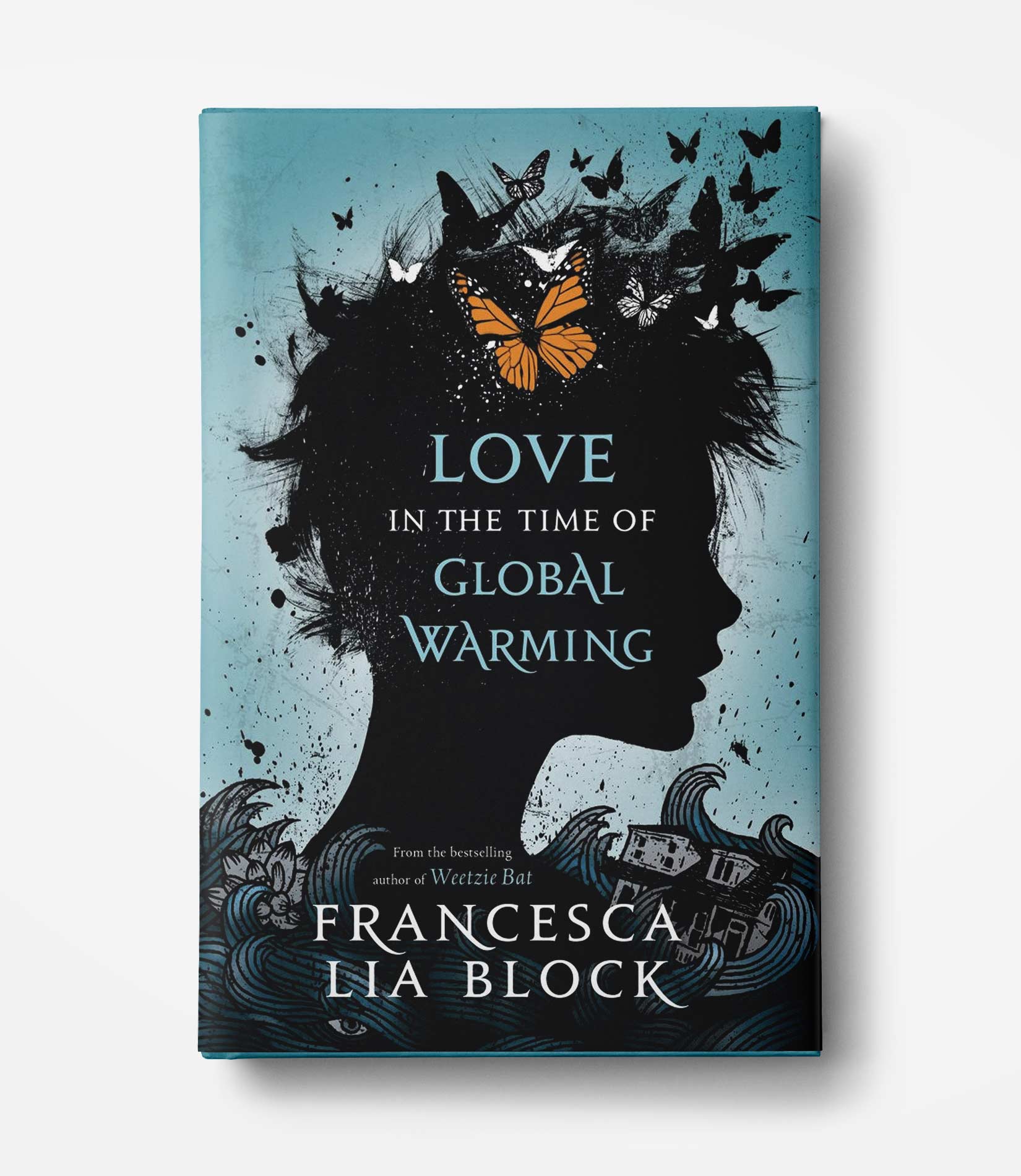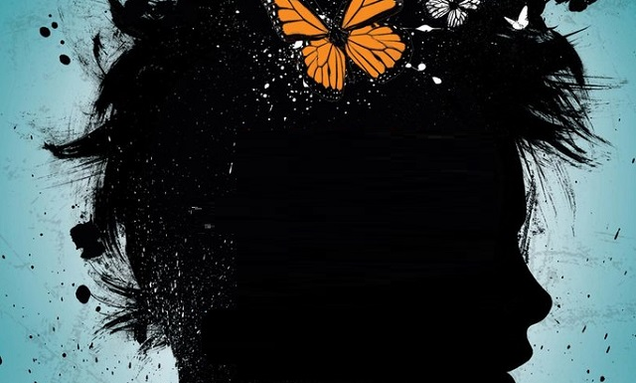


As I began to read the Bible more thoroughly, the internal contradictions, hypocrisy and sexism became more and more evident. I had already begun to question the principles upon which my parents’ religion was founded and had difficulty with the concept of faith without proof. I expected that this class would expose me to the other religious doctrines of the world, like Islam, Buddhism, Hindu, so that I could make an informed decision about my faith. As a part of my Episcopalian upbringing, I had to undergo Confirmation classes before I reaffirmed my faith in Christ. His Dark Materials came to me just as I was undergoing my first in-depth study of the Bible. He manages to achieve these goals with grace and dexterity. Like his literary precedents, Pullman wants to create a narrative with mythic, moral dimensions, motivated by grandiose, existential themes to unravel a new story about the universe, one as important and meaningful as other religious texts. He crafts the universes so deftly and intricately, with such meticulous attention and believability, you can only truly appreciate the invention when you take a step back and allow the masterpiece to sink in.

Although the worlds that Lyra and Will explore have some real-world equivalents, Pullman is a master of world building. When Pullman references Blake, Milton and parables from the Bible, he situates the reader within an ongoing conversation about faith and the nature of sin. It’s a story as grand and sweeping as John Milton’s Paradise Lost (1667), laden with history, poetic intent, theological agitation, and a thirst to reframe the grand narratives that have dictated our lives for centuries.

That is because a lot of things begin and end and begin again with the series. Today is the last day of Banned Books Week, and I intentionally left Philip Pullman’s His Dark Materials for my final selection.


 0 kommentar(er)
0 kommentar(er)
